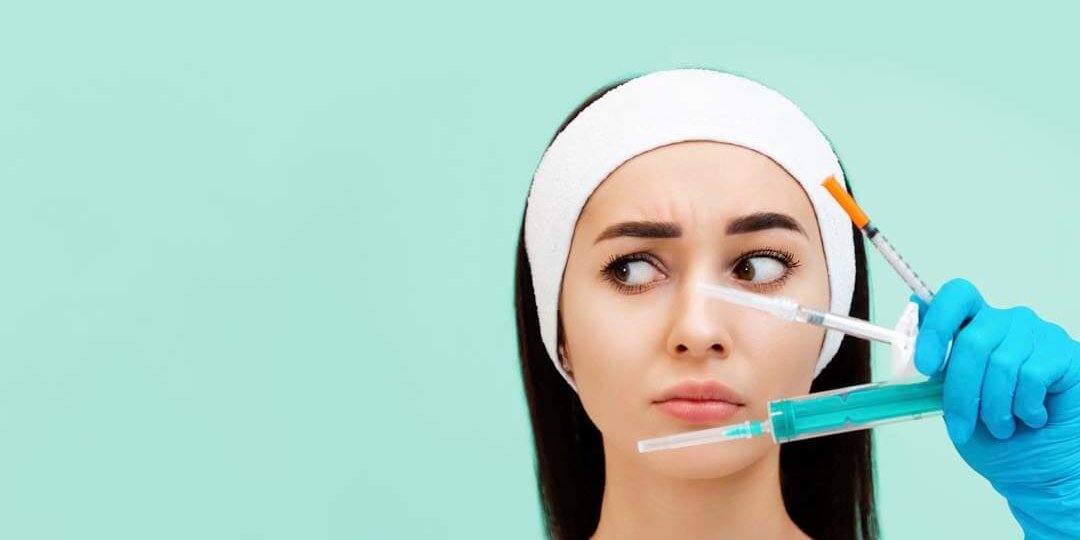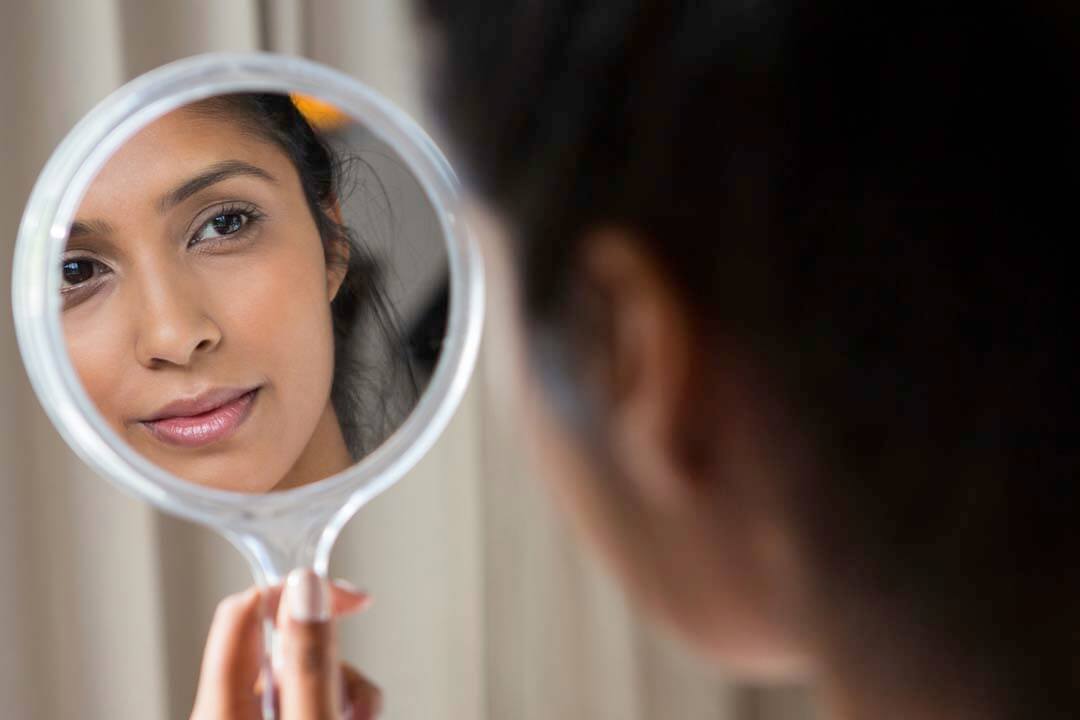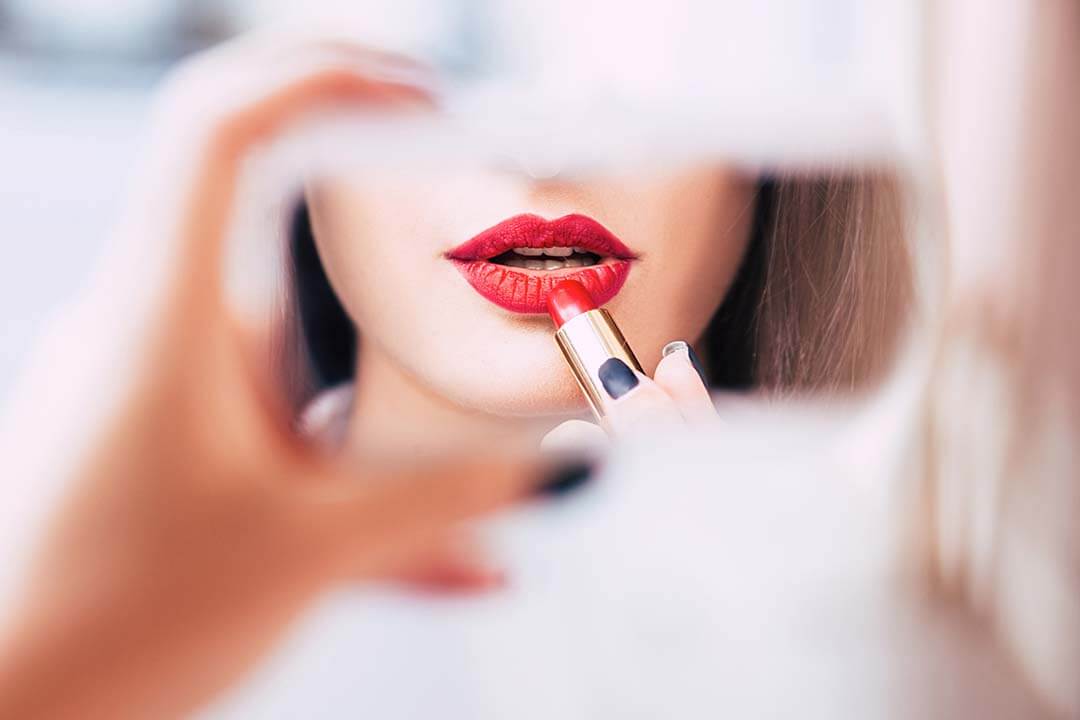Injectable Peptides at Home: The “New Botox”? Or Just Hype?
We’ve all heard the chatter: “Forget Botox, injectable peptides are the future!” The idea of smoothing lines and rejuvenating skin with a sprinkle of science-y amino acids instead of neuromodulators sounds almost too good to be true. And—spoiler—it kind of is. Let’s break down what’s real, what’s risky, and why you should think twice before turning your bathroom into a DIY injection spa.
What Are Injectable Peptides, Anyway?
Peptides are chains of amino acids—basically, the building blocks of proteins. In skincare, you’ve probably seen them in serums that promise firmer, glowier skin. But injectable peptides go deeper (literally), delivering those molecules directly into the body.
The buzziest ones making rounds include:
- GHK-Cu: Linked to skin healing and collagen stimulation.
- Argireline: Nicknamed “Botox in a bottle” when applied topically.
- BPC-157 & Thymosin Beta-4: More about repair and recovery, with whispers about aesthetic perks.
Sounds fancy, right? But here’s the kicker: none of these are FDA-approved for cosmetic injection.
Botox V. Peptides
- Neuromodulators (Botox®, Dysport®, Jeuveau®): Quick, predictable, and effective. They smooth wrinkles by relaxing the muscles that cause them. Results last about 3–4 months.
- Injectable peptides: Slower, subtler, and experimental. Instead of relaxing muscles, they may nudge your skin cells into better function—think hydration, repair, and a touch of smoothing over time.
So no, peptides aren’t actually “Botox replacements.” They’re more like that up-and-coming opening act at a concert—exciting, but not headliner status just yet.
The First 7-14 Days: The Heavy Lifting Is Yours
Here’s where things get dicey. Some people are buying peptides online, mixing vials in their kitchens, and self-injecting. Deep breath: please don’t.
Risks include:
- Non-sterile product: Can cause infection or scarring.
- Questionable dosing: This can lead to unpredictable results.
- Zero regulation: This is the scary part. You don’t really know what’s in that vial.
Meanwhile, neuromodulators are medical treatments with decades of safety data, trained injectors, and FDA oversight. Big difference.
Should You Be Curious? Yes. Should You DIY? Hard No.
Peptides are exciting in theory, and they might eventually play a legit role in skin health and anti-aging. But until we’ve got more research and regulation, they belong in the lab—not your nightstand.
If you want the benefits of peptides today, stick to high-quality topical formulations or work with a licensed provider who knows what’s safe. And if your goal is smoothing out wrinkles right now? Neuromodulators still wear the crown. Think of peptides as the “up-and-coming starlet,” while Botox is still the reigning queen of wrinkle reduction.
We’re happy to answer any questions you might have about the many reputable neuromodulators available. Call to schedule a consultation with our board certified plastic surgeon and expert nurse injector today. (919) 797-0996.
Contributed by Sidnie, Tannan Plastic Surgery Nurse Injector











